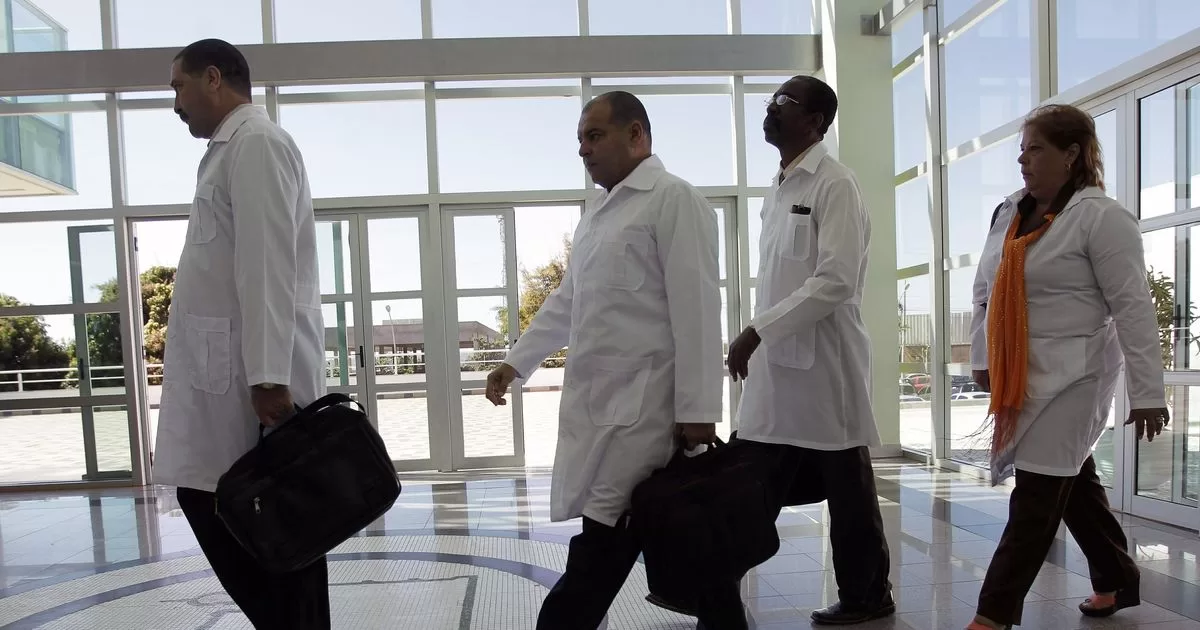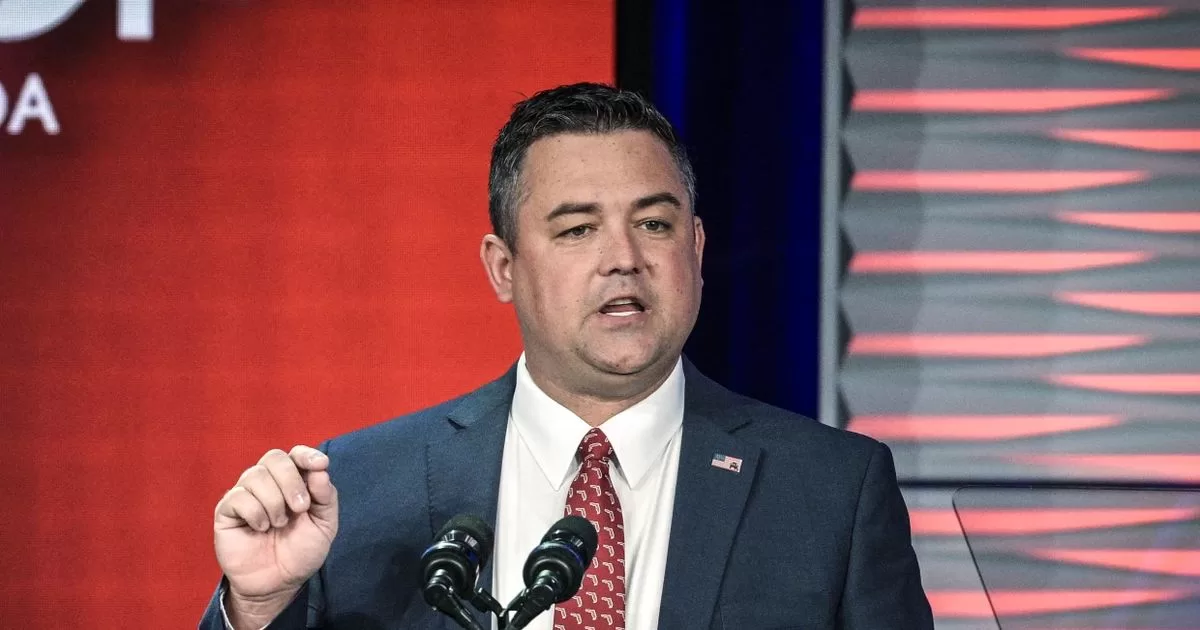TEGUCIGALPA.- The recent arrival of one hundred Cuban doctors a Honduras sparked an intense debate in the Central American country. While some celebrate the arrival of this medical contingent, other sectors, especially the Medical College of Honduras, express strong criticism and concerns.
The Medical Association expressed its discontent, arguing that in Honduras there is a significant number of unemployed doctors, estimated at around 11,000 professionals. In this context, the hiring of foreign doctors raised concerns about the possible displacement of local professionals and unequal competition in terms of working conditions.
The controversy intensifies with the statements of the Minister of Health, Carla Paredes, who tried to calm things down by assuring that the presence of Cuban doctors will not affect local professionals. However, the demand that Cubans be certified by the Medical College, in compliance with the mandatory membership law, reflects the existing tensions around this issue.
The Cuban medical brigade, made up of coordinators and specialists in various areas of medicine, aims to contribute to reducing the waiting list for surgeries in public hospitals in the country. However, their presence reopens a debate that has been present since the first time that Cuban doctors arrived in Honduras after Hurricane Mitch in 1998, and that is now resurfacing strongly in the face of unfavorable economic and labor conditions for Honduran health professionals.
Controversy with Cuban doctors
Samuel Santos, president of the Medical College, highlighted the salary differences between Cuban doctors and their Honduran colleagues. While Cuban doctors would receive a stipend of $2,000 in addition to benefits such as housing, vehicles and food, Honduran doctors earn considerably less, with salaries around $1,100 for general practitioners and almost $1,300 for specialists.
The export of Cuban doctors is controversial due to working conditions and associated payments. The Cuban regime reportedly keeps most of the salaries allocated to Cuban doctors abroad.
Furthermore, doctors sent to so-called “foreign missions” are frequently assigned to areas with high rates of violence and precariousness. This is added to the harsh conditions and limitation of fundamental freedoms to which the Cuban regime subjects them, which keeps at least 75% of what the contracting countries pay in salaries.
Source: With information from AFP



